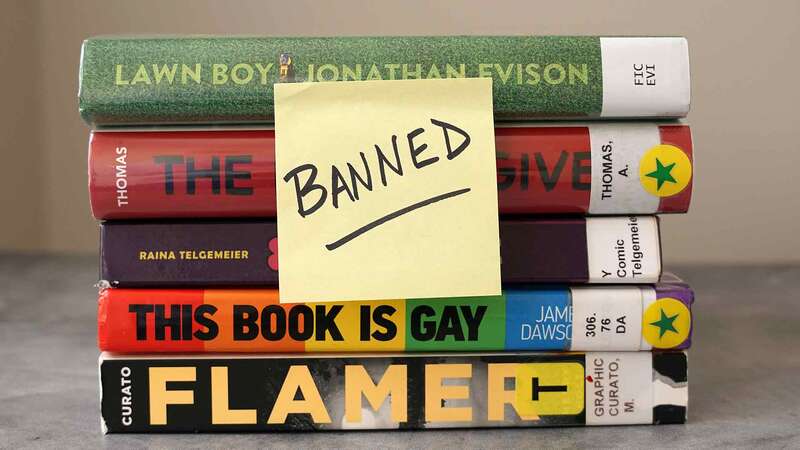You are viewing your 1 free article this month. Login to read more articles.
Libel ruling to protect non-fiction publishers from claims, says English PEN
A court judgment in a long-running libel case is a victory for free speech and offers vital protection to non-fiction publishers concerned about defamation claims, English PEN says.
In a test of British libel laws, Independent Print Ltd, publisher of the Independent and Evening Standard, had appealed against a judgment that it had defamed French aerospace engineer Bruno Lachaux in articles about the breakdown of his marriage and subsequent divorce.
The Supreme Court today (12th June) rejected that appeal, but libel reform campaigners said the ruling still restored and affirmed protections for publishers contained in the Defamation Act 2013. Judges agreed that libel claimants must prove their reputation has suffered serious harm in the real world.
English PEN advisor Robert Sharp said the ruling would “see off” trivial claims of the kind encountered by Jake Arnott’s 2006 novel Johnny Come Home. That book had to be withdrawn and pulped, with Hodder & Stoughton forced to pay “significant damages” because one of its fictional characters shared a name with real life musician Tony Rocco.
Sharp said publishers of investigative journalism, history and biography would particularly benefit from the ruling.
He said: “During the course of our libel reform campaign, book publishers told us that they would spend a lot of money on legal advice regarding defamation and the fear of trivial claims. It’s a real chill on free speech and a real chill on the publishing industry. This judgment really entrenches the new free speech protection and publishers will certainly benefit from that.”
The case concerned the interpretation of section 1 of the Act, which places a “serious harm’ test on libel cases brought in England & Wales. When the measure was debated in 2012, parliamentarians stated the test was intended to raise the bar to bringing a libel case to court, in the hope of preventing trivial cases and so-called “libel bullying”
The Lachaux case tested the interpretation of the law, with the new judgment stating serious harm had to be “determined by reference to actual fact about its impact and not just the meaning of the words.”
Antonia Byatt, director of English PEN, said: “Although the judgment has gone against Independent Print Ltd, we welcome the Supreme Court’s interpretation of section 1. It vindicates our decade-long campaign for a fundamental change to the libel laws. It acknowledges the way in which twenty-first century technologies have changed the nature of publishing, and gives greater certainty to all kinds of writers, including bloggers and social media users, about how the libel laws will be interpreted.
“This judgment expands the space for freedom of expression, but will also encourage responsible and responsive journalism. If a media outlet does make a mistake, then this judgment gives them a strong incentive to correct it quickly and prominently.”
Nik Williams, project manager for Scottish PEN, called on the Scottish government, which has been holding a consultation on defamation reform, to commit to similar protections.

















